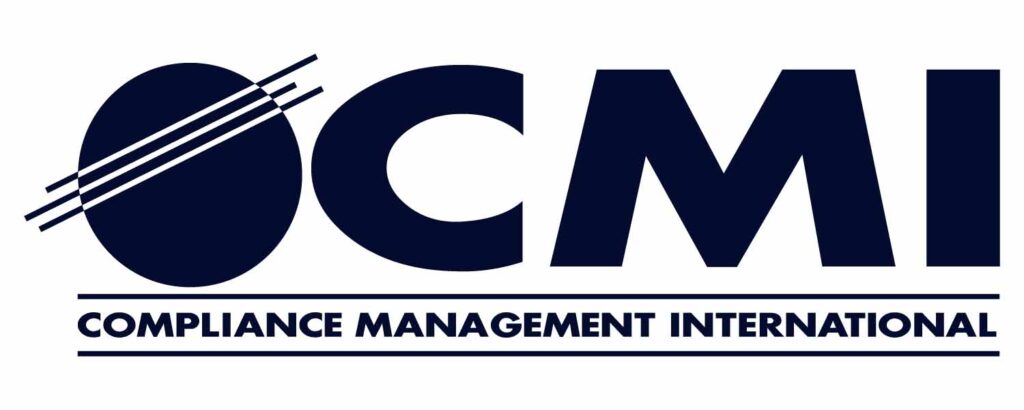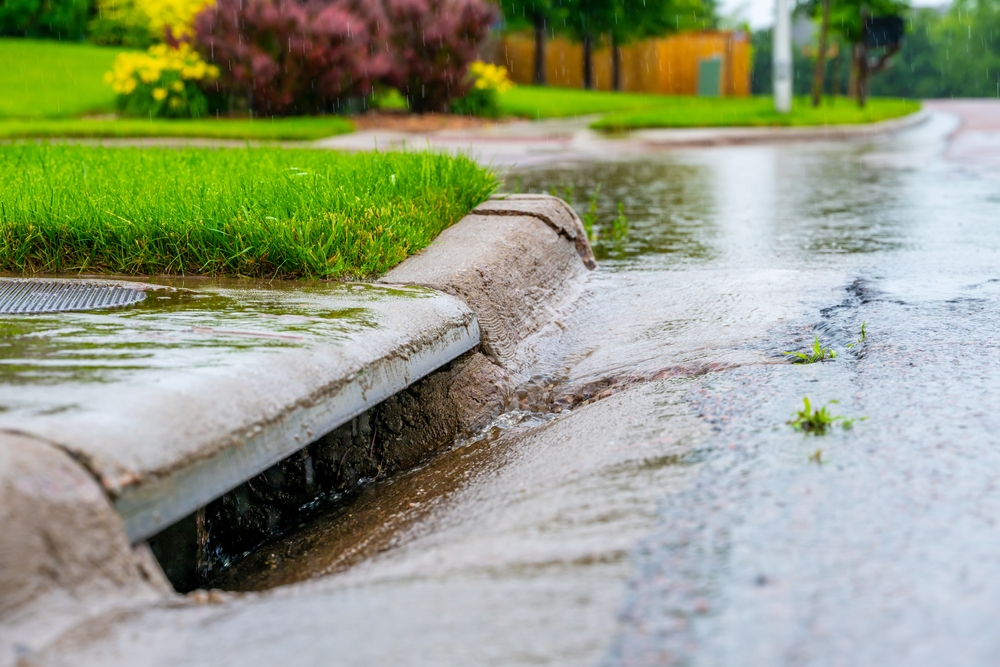In the wake of many sources of data indicating disproportionate environmental impacts to overburdened communities (OBCs), the State of New Jersey passed a significant piece of Environmental Justice legislation on September 18, 2020 (“EJ Law”). This law provided the framework for technical components and procedures for evaluating certain projects, and a requirement for stakeholder input in the implementation of a final rule.
The EJ Law mandated that NJDEP promulgate a rule and resources that:
- Identifies overburdened communities based on minority populations and income thresholds
- Requires facilities in OBCs to prepare an Environmental Justice Impact Statement for major source air quality permit renewals, new facilities, and expansion of existing facilities
- Requires facilities to organize and conduct a public hearing in the overburdened community, and respond to any comments, concerns, or questions raised during the public hearing process.
- Requires NJDEP to deny any subject application that would cause adverse cumulative environmental or public health stressors in the community that are higher than those borne by other communities (“disproportionate impact”)
The work required to promulgate the EJ Rule took a long time, and New Jersey DEP implemented an interim step under Administrative Order AO 2021-25, which took some of the EJ requirements (generally public hearing and outreach) and required these to be implemented for certain classes of actions.
Fast forward to April 17, 2023, when the EJ Rule was been finalized. Here are the key components of the EJ Rule:
Applicability: If the combination of facility type, location, and permit action are met, the action is subject to the EJ Rule
- Facility Type: Major sources of air pollution, landfills, resource recovery/waste incinerators, sludge processing facilities (combustor, incinerator), Sewage treatment plant >50 MGD, transfer station/solid waste facility > 100 tons/day, scrap metal facilities
- Location: In an identified OBC, or in a zero population census block group adjacent to an OBC (see NJ EJMap Tool)
- Permit Action: New or expanding permit (any type), or a major source air permit renewal
Requirements: If subject, facilities must perform the following prior to NJDEP initiating a technical review of the application
- Identify Environmental Stressors and determine which are considered adverse
- Prepare EJIS (comprehensive review of stressors, and evaluation versus other communities to show whether the impact is “disproportionate”) and have it reviewed
- Conduct “meaningful public participation” (pre-hearing notice, public hearing, post-hearing comments)
- Update EJIS, if necessary
- NJDEP Review and Decision Made – Unless significant changes occur, EJIS approval is good for five years
Timeline: Each project may have its own complexities, but a general timeline for the EJ process alone is:
- Prepare EJIS – 3-6 months (includes pre-hearing public engagement)
- Internal Approvals – 1-2 months (EJIS will likely need several layers of review internally)
- Public Outreach – 4-6 months (includes notice, hearing, comment period, NJDEP review)
- Technical Review of application begins after all steps complete (8-14 months after initiation)
The biggest takeaway is planning, especially if you operate a major source in New Jersey that has a renewal or expansion coming. These requirements could impact your schedule!
If you have questions, please get in touch with CMI for help or information.
Written by, Chris Maye, P.E., Project Director, Environmental Services



